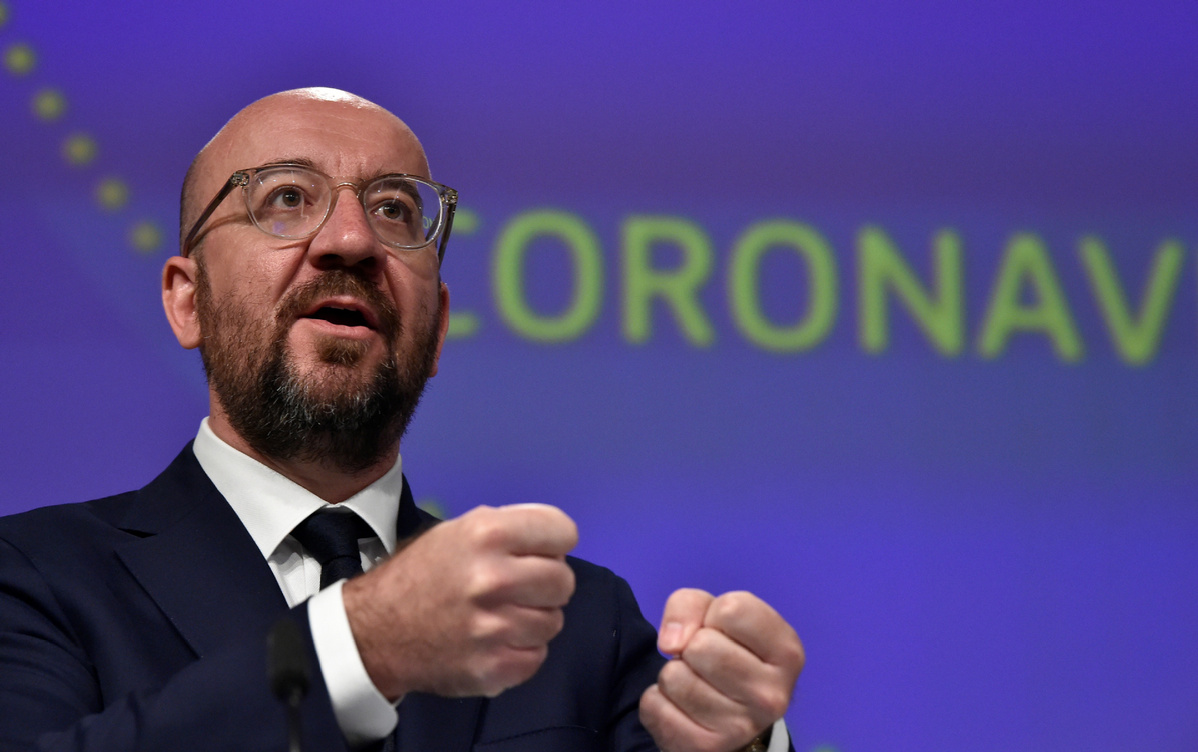On Wednesday, the European Commission will present the industrial strategy that will underlie its Green Deal, but experts caution against adopting a competitive mindset that could hurt efforts to combat climate change globally.
The European Union’s plan, according to a draught document entitled “A Green Deal Industrial Plan for the Net-Zero Age” that was leaked to the media on Monday, is based on four pillars: a predictable and straightforward regulatory environment; quicker access to adequate funding; skills; and open trade for resilient supply chains.
The plan criticises China, the United States, and a few other nations for their subsidy practises, although China receives harsher language.
The draught plan states that China has long had subsidies that are twice as big as those in the EU in terms of GNP and a $280 billion investment pipeline, which has distorted the market and ensured China’s technological dominance.
The draught strategy, which may still be altered before Wednesday’s announcement, aims to explain how Europe can maintain its status as a centre for the production of environmentally friendly goods like electrical vehicles and counteract the extensive subsidy schemes in China and the US.
The plan included mention of the possibility of redirecting COVID recovery monies under the planned relaxation of state-aid regulations, according to European Commissioner for Competition Margrethe Vestager.
There is a great deal of worry in Europe that the IRA will use US subsidies to entice EU businesses to relocate to the US.
Vestager claimed that the US law had a “toxic” impact on some European companies and emphasised that any future relaxation of the state-aid regulations should be targeted and short-lived.
Christian Lindner, the German finance minister, stated on Monday that a “significant” change of the regulations was not required for Europe but that initiatives to speed up decision-making were supported.
In the domain of the green transition, China and the EU are more in agreement and share more interests than they do not. Together, the two sides should make sure that the rivalry advances not just their own national interests but also the welfare of the entire globe.
According to Qin Yan, a lead carbon analyst with Refinitiv headquartered in Oslo, the EU policies will give European industrial sectors a good push to cut emissions while maintaining their competitiveness in international markets.
Large government subsidies are not always effective, according to Qin. According to the expert, they may erect obstacles that solely serve domestic producers’ interests and impede international cooperation and the development of new technologies.
















